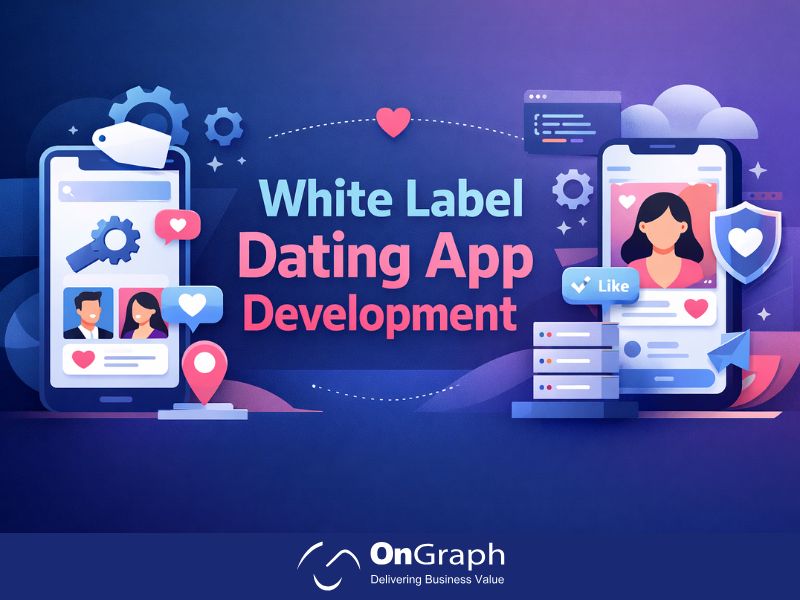In this article
- Introduction
- What Are AI Agents for Doctors?
- Why Doctors Need AI Agents Today?
- Key Use Cases of AI Agents for Doctors
- AI Voice Agents in Healthcare Settings
- Mini Case Study 1: Cedars-Sinai Health System
- Mini Case Study 2: OpenEvidence AI for Doctors
- Real-World Examples of AI Agents for Doctors
- Comparison Table: Traditional Workflows vs AI Agents
- How to Choose the Right AI Agent for Clinics?
- AI Agents and Patient Trust
- How AI Agents Improve Doctor Well-Being?
- Key Takeaways
- Final Thoughts
AI agents for doctors help clinics and hospitals reduce paperwork, improve patient access, and support faster decisions. They work as voice or chat assistants for scheduling, documentation, and patient follow-ups.
Recent studies show AI agents reduce administrative workload by up to 30%. Doctors use them to save time, lower burnout, and improve care quality. Clinics can start small and scale safely with compliant AI systems.
Introduction
AI Agents for Doctors are changing how healthcare teams manage patient care and daily work. Doctors now face heavy workloads, long hours, and growing administrative pressure.
AI agents act as digital assistants that support doctors without replacing them. They help handle calls, notes, reminders, and patient communication. This shift allows doctors to focus more on patients, not paperwork.
What Are AI Agents for Doctors?
AI agents for doctors are software assistants designed for healthcare workflows. They can listen, speak, understand text, and automate routine tasks. Most work through voice, chat, or system integrations.
These agents can:
- Answer patient calls and questions
- Schedule appointments
- Assist with clinical documentation
- Send reminders and follow-ups
- Support internal staff workflows
Unlike simple chatbots, these agents understand context and intent.
Why Doctors Need AI Agents Today?
Healthcare systems are under pressure worldwide. Doctors spend large parts of their day on non-clinical work.
According to Salesforce, healthcare workers spend nearly one-third of their time on administration. Another Salesforce study found 87% of healthcare workers work late due to paperwork. AI agents reduce this burden by automating repetitive tasks.
Key Use Cases of AI Agents for Doctors
1. Appointment Scheduling and Call Handling
AI voice agents handle patient calls 24/7. They schedule visits, confirm bookings, and answer common questions.
This reduces wait times and front-desk workload. Twixor reports that AI voice agents significantly reduce call queues in clinics.
2. Clinical Documentation Support
Doctors spend hours writing notes after consultations. AI agents assist with structured note creation and summaries. This helps doctors finish work faster. A JAMA-reported study showed ambient AI reduced clinician burnout by 31%.
3. Patient Follow-Ups and Reminders
AI agents send medication reminders and post-visit instructions. They also follow up on test results and missed appointments. This improves patient adherence and satisfaction.
4. Internal Staff Coordination
AI agents help clinics manage internal communication. They route messages, update schedules, and reduce manual coordination. This improves workflow efficiency across departments.
5. Clinical Decision Support Assistance
Some AI agents assist doctors with evidence lookup. They summarize guidelines or research during consultations. They do not replace clinical judgment. A 2025 study showed AI matched clinicians in diagnosis 81% of the time.
AI Voice Agents in Healthcare Settings
AI voice agents are especially useful in healthcare environments. They allow hands-free and natural interaction. Doctors and staff can speak instead of typing.
Common uses include:
- Patient call handling
- Voice-based documentation
- Automated triage support
The conversational AI healthcare market reached $16.9 billion in 2025.
Ready to Build Your AI Medical Assistant? Let’s Transform Your Healthcare Practice.
Mini Case Study 1: Cedars-Sinai Health System
Cedars-Sinai implemented an AI platform for patient care workflows. The system supported guideline-based care and patient engagement. Over 42,000 patients used the platform. The result was improved treatment adherence and care consistency.
Mini Case Study 2: OpenEvidence AI for Doctors
OpenEvidence provides AI assistance for clinical research access. Over 430,000 physicians use it monthly. The platform supports over 8.5 million consultations per month. Doctors use it to quickly review medical evidence during care.
Real-World Examples of AI Agents for Doctors
- Honey Health automates medical back-office tasks (Wikipedia, 2025).
- K Health supports AI-assisted symptom checking (Wikipedia, 2025).
- UK studies show 30% of GPs now use AI tools in practice (Guardian, 2025).
- Andhra Pradesh Medical Council launched AI WhatsApp tools for doctors (Times of India, 2026).
These examples show global adoption is accelerating.
Comparison Table: Traditional Workflows vs AI Agents
| Area | Traditional Process | With AI Agent |
| Appointment booking | Manual calls | 24/7 automated |
| Documentation | Manual typing | Assisted summaries |
| Follow-ups | Staff dependent | Automated reminders |
| Call wait time | Long queues | Reduced delays |
| Doctor focus | Divided | Patient-centric |
How to Choose the Right AI Agent for Clinics?
Step-by-Step Guide
1st Step: Identify the biggest workflow pain points.
2nd Step: Decide between voice, chat, or hybrid agents.
3rd Step: Ensure healthcare compliance and data security.
4th Step: Start with a pilot in one department.
5th Step: Measure time saved and patient feedback.
See 30% More Patients Without Adding Staff. Launch Your AI Assistant Now
Custom AI development for medical practices. Voice transcription, patient triage, appointment booking—all automated. Start in just 48 hours.
AI Agents and Patient Trust
Patients value fast and clear communication. AI agents improve access without replacing human care. Transparency builds trust. Clinics should clearly inform patients when AI is used.
How AI Agents Improve Doctor Well-Being?
Burnout is a serious healthcare issue. Reducing admin work directly improves work-life balance. Doctors gain more time for patient interaction. This supports long-term care quality.
Key Takeaways
- AI agents for doctors reduce admin workload significantly.
- Voice agents improve access and responsiveness.
- Real case studies show measurable benefits.
- Doctors remain in control of clinical decisions.
- Adoption should start small and scale carefully.
Final Thoughts
AI agents for doctors are no longer experimental tools. They are practical solutions for modern healthcare challenges. Clinics adopting them today gain efficiency and patient trust.
FAQs
AI agents for doctors help manage routine clinical and administrative tasks. They handle appointment scheduling, patient calls, reminders, and documentation support. This reduces manual workload and allows doctors to focus on patient care. They work alongside doctors, not as replacements.
AI agents remove repetitive tasks from a doctor’s day. They automate calls, data entry, follow-ups, and basic patient queries. This saves time and reduces after-hours paperwork. Doctors gain more time for clinical decisions and patient interaction.
Yes, AI agents are safe when built with healthcare compliance standards. They must follow data privacy laws and security best practices. Most healthcare AI agents work within controlled systems. Doctors remain responsible for final clinical decisions.
A chatbot usually answers simple questions with fixed responses. An AI agent understands context and handles complex workflows. AI agents can manage calls, integrate with systems, and adapt to situations. They support real operational tasks, not just conversations.
No, AI agents do not replace doctors. They assist by handling non-clinical tasks. Doctors continue to diagnose, treat, and make decisions. AI agents act as digital support staff.
AI voice agents manage phone-based interactions. They answer patient calls, schedule appointments, and send reminders. Voice interaction feels natural for patients. This reduces front-desk workload and missed calls.
Many AI agents are scalable and cost-efficient.
Small clinics can start with basic features like scheduling. Costs depend on usage and integrations. Most clinics see returns through time savings.
Patients trust AI agents when communication is clear. They value faster responses and easy access. Transparency about AI usage builds confidence. Human support is always available when needed.
Clinics should start with high-volume tasks. Appointment booking and reminders are ideal first steps. These deliver quick and visible benefits. Advanced features can be added later.
Start by identifying workflow pain points. Choose voice, chat, or hybrid AI agents. Run a pilot program in one department. Scale after measuring results and feedback.
About the Author
Let’s Create Something Great Together!
Latest Blog
















